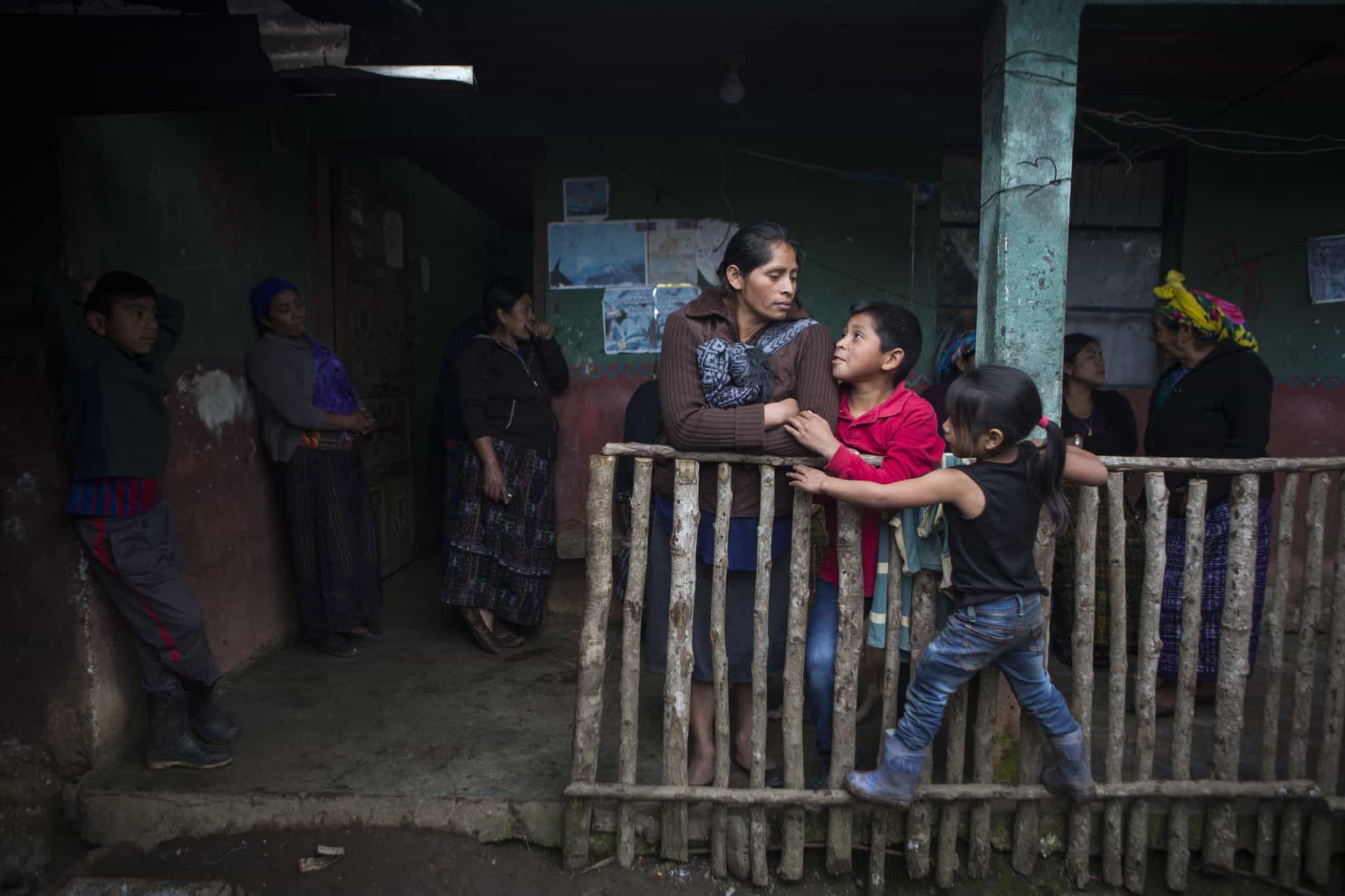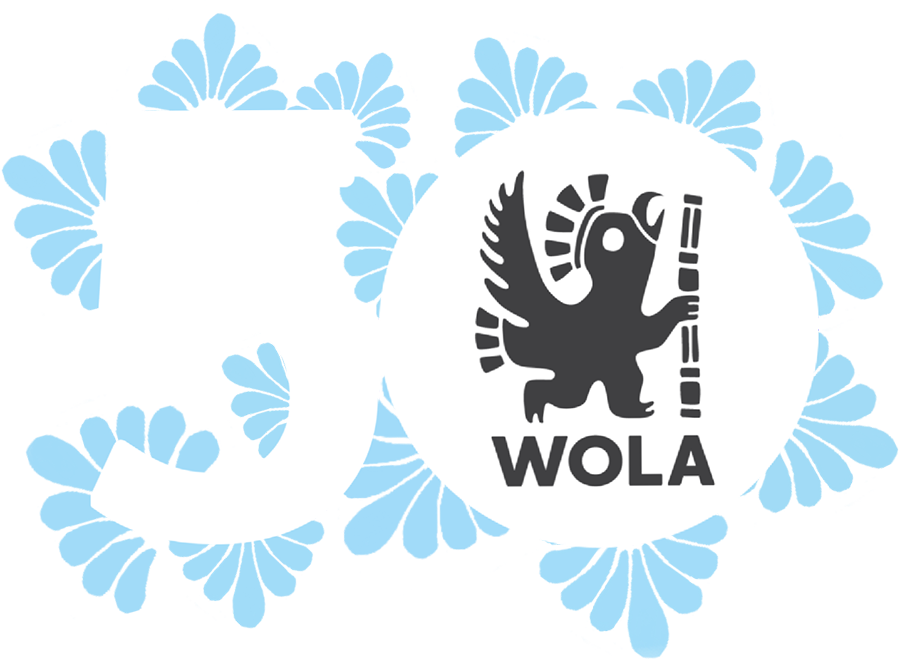Families and children from Honduras, Guatemala, and El Salvador—fleeing human rights abuses, deadly violence, climate displacement and economic deprivations—continue to seek refuge in the United States and other countries.
This is a regional humanitarian crisis—a manageable one that should be addressed using proven strategies, as are humanitarian challenges around the world. Yet instead of taking the steps necessary to address the crisis, the Trump administration is making things worse, threatening cuts to effective programs that could reduce the problems forcing people to flee, sending refugees back to danger, canceling rather than expanding case management, and cutting orderly processing at ports of entry, increasing crossings between ports of entry. The Trump administration’s actions appear designed to generate chaos.
The regional crisis requires real solutions in several key areas: tackling the rights abuses and deprivations pushing people to flee, enhancing the capacity of Mexico and other countries to provide asylum and host refugees, and managing U.S. refugee protection requests in fair, effective and orderly ways—ways that uphold America’s refugee laws and treaty commitments.
Most immediately, the United States must end the dysfunction at the border by launching a public-private humanitarian initiative and a long overdue case management system, which would keep asylum seekers informed and ensure they appear for their hearings. At the same time, the U.S. government should fix the asylum and immigration court adjudication systems to provide fair, non-politicized, and timely decisions. To effectively manage border and adjudication systems, the United States must upgrade to manage new realities, instead of pushing mass detention and other outdated, inadequate and ineffective responses that are also costly, cruel, and inhumane.
As part of this strategy, the United States should launch a major initiative, with other countries, to expand regional protection so that Mexico and others, which are already hosting growing numbers, have the ability to continue accepting refugees. Critically, the United States and other donors should increase support for efforts to build the capacity of these countries to provide asylum, host, protect, and integrate refugees. In addition, the United States should work with other resettlement countries to launch a robust regional initiative that provides orderly routes to protection in the United States and other third countries.
The United States must also advance a targeted strategy—leveraging both diplomacy and aid—to address the actual root causes of migration and displacement in the Northern Triangle. This should focus on programs that reduce violence, combat corruption, strengthen rule of law, decrease femicide and other gender-based harms, address gang violence, protect vulnerable populations, and promote sustainable economic development. By helping to build real protections for women, children, LGBTQ, indigenous, and other at-risk people in Honduras, Guatemala, and El Salvador, while expanding protection of refugees in Mexico and other countries, this strategy will ultimately reduce the numbers fleeing to the United States.
The measures outlined in this report would restore order to the region and the U.S. border while upholding U.S. legal and humanitarian commitments. Congress—and over the longer term, the next administration—must push real solutions.
This bluprint was developed and/or endorsed by the following organizations: Human Rights First, America’s Voice, Center for Gender and Refugee Studies, Center for Victims of Torture,Coalition for Humane Immigrant Rights (CHIRLA), HIAS, Human Rights Iniative of North Texas, International Refugee Assistance Project (IRAP), Kids in Need of Defense (KIND), Latin American Working Group (LAWG), Refugees International, RefugePoint, U.S. Committee for Refugees and Immigrants, the Washington Office on Latin America (WOLA), Women’s Refugee Commission, and Young Center for Immigrant Children’s Rights.
View Human Rights First’s press release accompanying the publication of this report here.



